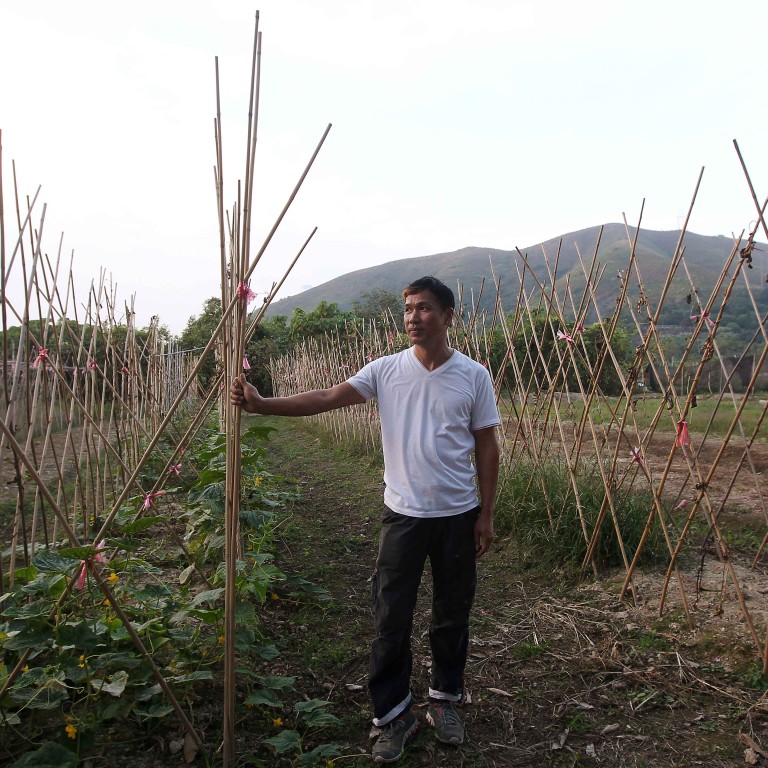
Hong Kong family close to achieving goal of zero household waste
It began about three years ago. A mound of dirty nappies and used baby wipes was driving Claire Sancelot and her husband mad. Since then, the 37-year-old economist and mother of three young children has been on a mission to reduce waste.
It began about three years ago. A mound of dirty nappies and used baby wipes was driving Claire Sancelot and her husband mad. Since then, the 37-year-old economist and mother of three young children has been on a mission to reduce waste.
"We now only produce about half a bucket of waste every week, and we're a family of six and a dog," Sancelot said. It's a significant drop from when the family, which includes a live-in helper, was throwing out a big bag of rubbish a day.
Hong Kong produces about 13,400 tonnes of waste a day, or 1.36 kg per person, 40 per cent of which is food waste. The charity Oxfam estimates that a three-person household eats 1.12kg of food a day, and throws out almost as much.
"We realised all this consumption was unsustainable," said Sancelot, who runs an ethical women's clothing line in the city. She decided to avoid consumption altogether, and rarely shops. Instead, she scours online boards for second-hand women's designer clothing, children's clothes and books. She also refuses packaged products, preferring to take her own bags and reusable containers to markets and restaurants.
"You don't have to be rich, you don't have to have a lot of space, or to be a hippy to be zero waste," she said.
As she pulled out the rubbish bin hidden under the kitchen sink, it was empty except for a ramen-noodles wrapper. There was no whiff of decomposition so common in kitchen bins, as all the vegetable peelings and leftovers had gone into compost containers by the laundry room.
"It's really in the kitchen and the toilet that the most waste is generated," said Sancelot, walking through her brightly painted, clutter-free apartment.
Sancelot has been documenting her family's experiment on her blog Hong Kong Green Home; showing experiments with compost, posting tips on going paperless and giving hints on making French toast from stale bread. "You save money, you save space and you save time once you've got the infrastructure in place," she said. "For someone who follows my blog, they could be where I am in six months if they wanted."
Hers is part of a growing movement of green-living blogs and communities that are looking to reduce their impact on the environment, and bring together local vendors. Sancelot has created a network of organic and local vendors providing for about 30 households in her apartment complex.
"I'm sure Julien hates me right now. I'm giving him too much work," she said, talking about Julien Ki, an organic farmer who brings her fresh produce once a week.
She has also linked up with a local soap producer and is looking to add locally made organic skin-care products and laundry detergent to her shopping basket.
"I used to think it was harder in Hong Kong to be as green as we are in Australia, but Claire's gone and done it. We don't really have an excuse anymore," said homemaker Nicole Serje, who is also trying to reduce waste. "It's been most valuable finding out places to get products and trying to find locally made produce."
The Sancelot household also has a "no gift" policy, unless it is edible and without packaging.
But she admits getting to where her family is now was not easy. The amount of waste she saw made her constantly angry, antisocial and prone to preaching. Now she refuses to write anything negative in her blog.
"Sometimes I think she's like the little boy sticking his finger in the dike [to stop the flood], but someone's got to do it," said her husband Prasad Padmanaban. "It's the right thing."

